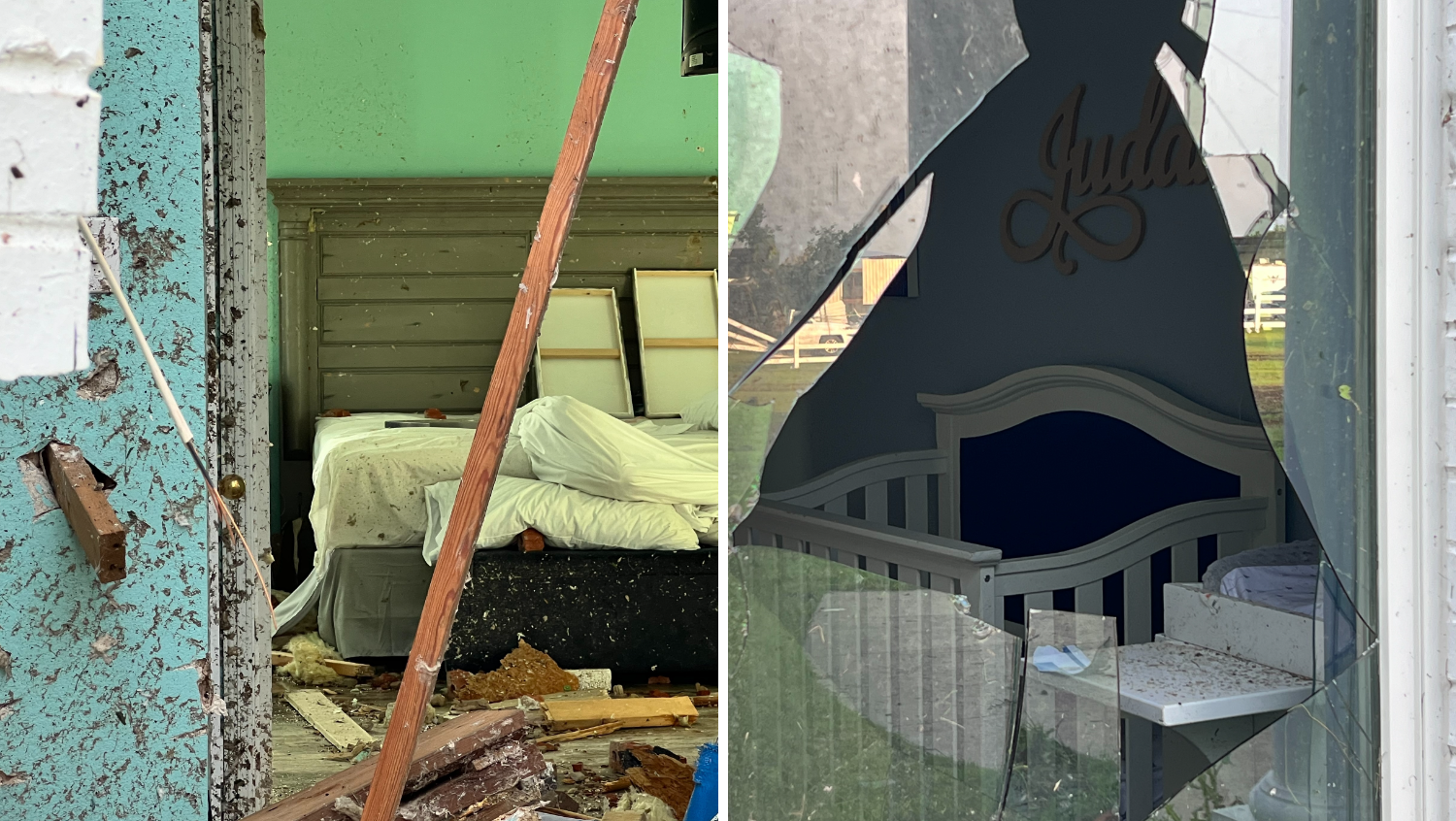As North Texas grows, so does its housing problem.
The need to make more affordable housing a reality is at the forefront of many cities' agendas from McKinney to Dallas to Fort Worth.
On Tuesday night, council members in Fort Worth are voting on a measure that could be a game changer for those looking for a more affordable place to live.
A new proposed code change would compel home builders who want to save money in Fort Worth to promise affordable units first.
Get DFW local news, weather forecasts and entertainment stories to your inbox. Sign up for NBC DFW newsletters.
The big focus for the new measure is on Neighborhood Empowerment Zones. These parts of Fort Worth are economically challenged and where the city wants to spur development and promote growth and improvement.
Over the years – as current city code stands – Right now, home developers can apply for a five-year tax abatement if they build in NEZs, as long as they set aside 20% of their units as affordable housing (defined by HUD based on area median family income) for five years, or pay $200 per unit in their development, for five years.
The idea was that if the developers just opted to pay the fee, the city could use that fee money to build affordable housing elsewhere. However, with the cost of everything soaring since the pandemic, that money isn’t enough.
Local
The latest news from around North Texas.
Furthermore, city officials said there has been a problem with that policy.
“No developer that has applied for a tax abatement has opted to do the set-aside since 2015," said Sarah Odle, Fort Worth's Neighborhood Development Coordinator, in an interview with NBC 5 earlier this month.
She said there have been five developments, each opting to pay the fee instead of setting aside affordable units.
The fees are supposed to go toward building affordable housing in other areas, but: “The cost of construction has gone up so much that $200 per unit doesn’t build anything. Doesn’t build enough affordable housing," Odle said. "And even if we raised that amount, it still wouldn’t provide a comparable amount of affordable housing.”
Now, members of the City Council are set to vote on whether to remove the pay-out option altogether, which would require developers to set aside affordable housing if they want tax breaks.
Donna Van Ness is CEO of Housing Channel, a nonprofit that supports lower-income and working families across DFW on the path to homeownership through free housing counseling, financial education classes, and down payment assistance programs. They currently are working on an affordable housing project in Arlington and have completed others around the Metroplex.
And the math is looking good on just how many new affordable housing units this could bring to these neighborhoods that need it most.
"For an example, if you've got a developer that's developing a 275-unit complex, a 20% set aside is about 55 units. So that's a great incentive and that houses a lot of people that can't afford our average rent of $1,900 a month. It's a great way for units to be able to be produced,” said Van Ness. "It's a give and take between developers and the city. If you're going to access the tools that they have to help subsidize projects and provide for affordable housing, they want you to really meet that goal."
To read more about the potential effects this code change could have in Fort Worth, click here.
Housing Channel stressed the importance of this code change amid the affordable housing crisis in North Texas.
COVID-19 and the population boom exacerbated that but it's also happening in many metro areas across the country.
“In the last 10 years, the prices have increased almost 25% for homeownership and rent prices as well, but we've only seen income go up about 9%. So there's a big disparity there,” Van Ness said of North Texas.
If the City Council passes the code amendment, it would go into effect immediately for any new project applications. Projects already in the pipeline would not be affected.
To get in touch with Housing Channel resources, call 817-924-5091 or click here.



